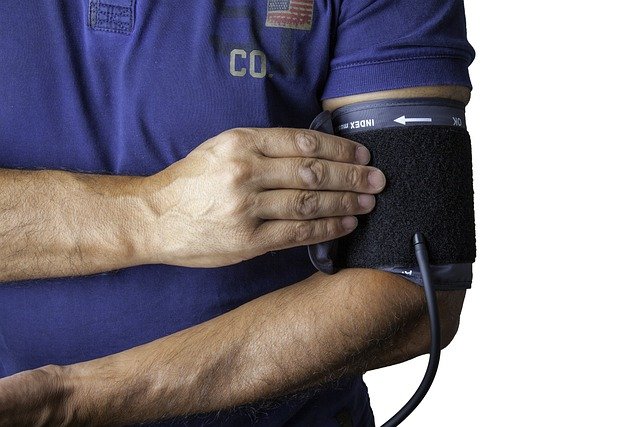When to Schedule Preventive Screenings and Checks
Knowing when to schedule preventive screenings and routine checks helps you catch issues early, tailor care to your age and risk factors, and support long-term wellness. This guide outlines common screening timelines, what triggers earlier checks, and how lifestyle areas like nutrition, sleep, and fitness tie into screening frequency.

This article outlines practical guidance on timing preventive screenings and routine checks across the lifespan. It focuses on common recommendations, what personal factors change timing, and how lifestyle elements such as nutrition, sleep, fitness, mobility, immunity, stress, mindfulness, ergonomics, digestion, breathing, and recovery interact with screening needs.
This article is for informational purposes only and should not be considered medical advice. Please consult a qualified healthcare professional for personalized guidance and treatment.
How does overall wellness affect screening timing?
Wellness — the combination of physical, mental, and social health — shapes screening priorities. Routine primary care visits typically include blood pressure checks, basic blood panels, and preventive counseling. For adults with stable wellness markers, annual or biennial checks may suffice; those with chronic conditions or multiple risk factors might need more frequent monitoring. Discuss personal wellness goals and changes in symptoms with your provider to set an appropriate screening cadence.
What role does nutrition play in preventive checks?
Nutrition influences many screening results, from lipid panels to glucose tests. If you have a family history of diabetes or cardiovascular disease, plan earlier or more frequent checks for fasting glucose, HbA1c, and cholesterol. Consider scheduling blood tests after a consistent dietary pattern and communicate recent changes in diet or supplements to your clinician, since rapid weight loss, new supplements, or restrictive diets can alter lab values and the interpretation of results.
How should sleep and recovery influence check frequency?
Poor sleep and inadequate recovery affect immune function, mood, and metabolic health. If you experience chronic insomnia, daytime impairment, or new sleep-disordered breathing symptoms, raise these issues at the next visit — they may prompt targeted screening (for example, sleep studies or thyroid tests). Athletes and highly active individuals should align checkups with training cycles to assess recovery, breathing, and markers of overtraining that might otherwise be missed.
When do fitness, mobility, and ergonomics prompt earlier checks?
Changes in fitness level, mobility limitations, or ergonomic strain can indicate underlying conditions requiring assessment. New joint pain, progressive loss of mobility, or persistent musculoskeletal strain linked to work posture should trigger an earlier functional evaluation, mobility screening, or referral to physical therapy. Routine functional screens help detect issues before they impair daily living or worsen into chronic problems.
How do immunity, digestion, and breathing issues affect screening plans?
Recurrent infections, persistent digestive symptoms, or chronic respiratory complaints often require targeted testing beyond routine checks. For example, recurring infections may prompt immune function testing or vaccine review; ongoing digestive changes can lead to celiac screening or stool testing; and prolonged breathing issues may require pulmonary function tests or imaging. Track symptom patterns and their impact on daily life to guide timely evaluation.
When should stress and mindfulness concerns change screening timing?
Chronic stress and mental health symptoms impact cardiovascular risk, sleep, digestion, and immune response. If stress, anxiety, or depressive symptoms are new or worsening, discuss these at your appointment — screening may include blood pressure monitoring, metabolic labs, or referrals for behavioral health support. Mindfulness and stress-reduction practices are useful adjuncts, and clinicians may recommend more frequent follow-up while you implement coping strategies.
Conclusion Preventive screenings and checks are most effective when tailored to individual risk factors, life changes, and lifestyle domains like nutrition, sleep, fitness, mobility, immunity, stress, mindfulness, ergonomics, digestion, breathing, and recovery. Use routine wellness visits to review personal and family history, report new or changing symptoms, and adjust screening frequency accordingly. Personalized discussion with a qualified healthcare professional ensures screenings are scheduled at times that best support long-term health and early detection.






